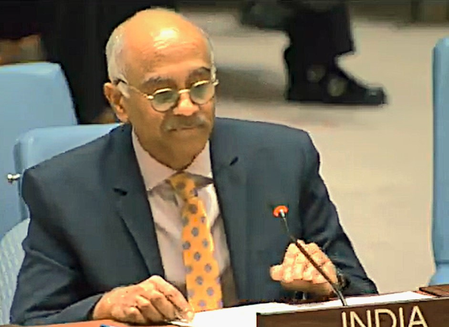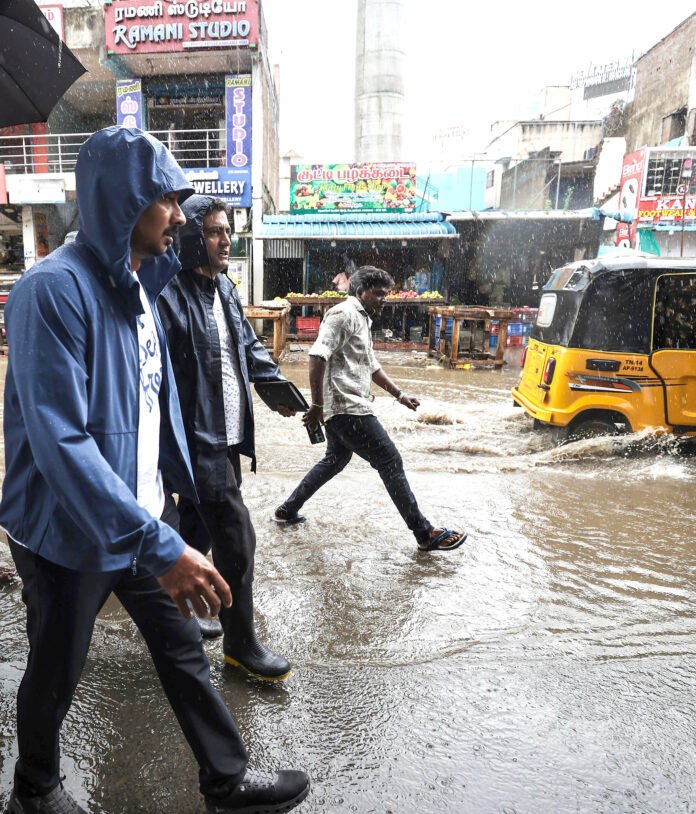United Nations Security Council talks were set against the backdrop of the UN’s 80th anniversary. While the council celebrated a theme of “Looking into the Future,” India’s diplomatic team used the meeting to press Pakistan on a long‑standing dispute in Kashmir.
India’s Permanent Representative to the UN, P. Harish, said that the people of Jammu and Kashmir live “under an Indian democratic system that respects the constitution.” He added that Pakistan’s view of democracy and constitutional law is unclear, and that “Pakistan is an enemy that hides behind its military.”
Harish called on Pakistan to end the “grave and ongoing human‑rights violations” in the areas it occupies illegally. He said Kashmiris in these regions “are in open revolt” against the New military, the repression, the brutality and the illegal exploitation of Kashmir’s resources.
“The Security Council should not be used as a mouthpiece for Pakistan to twist history,” Harish said. He pointed to the 1948 resolution demanding that Pakistan pull out of the occupied areas and that the talks that followed failed to deliver that promise.
Kashmiris who live under Pakistani control have risen in protest, and Pakistan’s forces have responded with violence. Last month, a crackdown in the region left at least 12 civilians dead.
India’s message was vivid. Pakistan could not keep its promise of a plebiscite, and that pledge was “overwhelmed by history.” While Pakistan still claims the right to keep troops, the Indian government argues that the resolution’s main demand was a withdrawal of all Pakistani forces, and that has not happened.
Harish added that Pakistan’s occupation violates the UN Security Council resolution and that Islamabad twists the wording. He also criticised Pakistan for supporting terrorism.
Indian external affairs minister S. Jaishankar had highlighted on a UN stamp release in New Delhi that the UN has failed to handle terrorism. He said, “The credibility of multilateralism suffers when a Security Council member protects the very group that carries out barbaric attacks.” He didn’t name Pakistan directly but implied the role of Islamabad in this issue.
He referred to the 2023 Pahalgam attack that killed 26 civilians, carried out by “The Resistance Front” and its sponsor, Lashkar‑e‑Toiba (LeT). That group and the LeT leader, Hafiz Muhammad Saeed, operate openly in Pakistan, despite UN sanctions. The UN said it had to reckon with a member state that protects the very organization it is supposed to curb.
India wants Pakistan to respect the UN’s guidelines, pull its forces from Kashmir and stop supporting terrorism. The UN meeting ended with a reaffirmation that the future of the region depends on a peaceful solution, not a military stance.
Source: ianslive
Stay informed on all the latest news, real-time breaking news updates, and follow all the important headlines in world News on Latest NewsX. Follow us on social media Facebook, Twitter(X), Gettr and subscribe our Youtube Channel.



